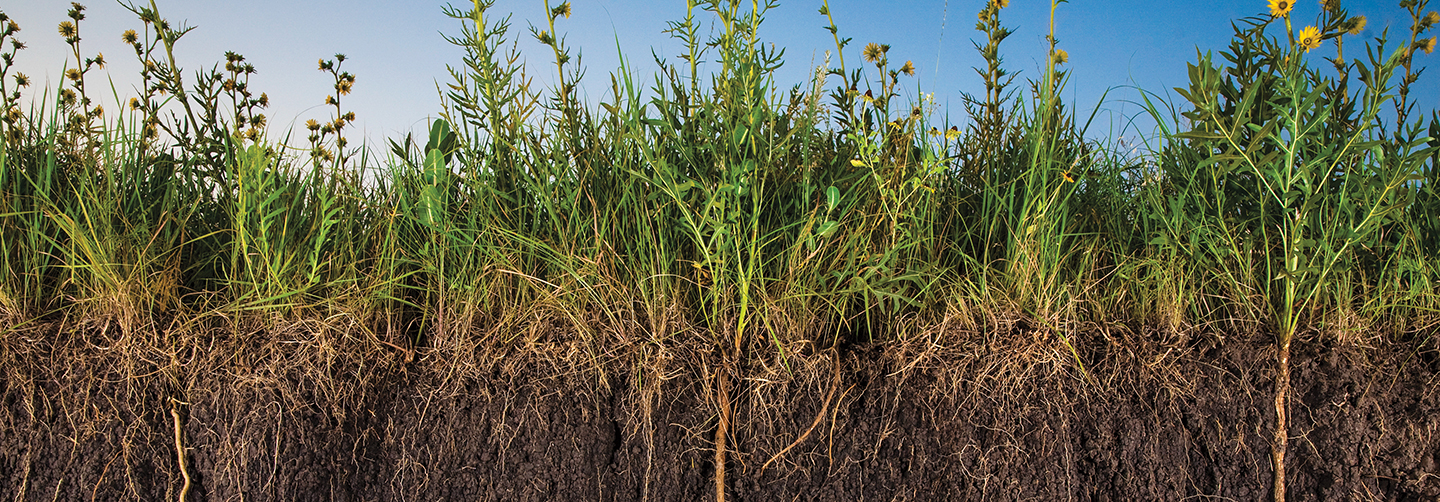Let’s face it: At first glance, plants don’t seem to lead very interesting lives. How much can a brainless organism that’s stuck in one place really do? Quite a lot, it turns out. Research shows that plants detect and respond to changes in the world around them. They maintain busy social lives, sharing resources and important news with others through complex networks. And they have highly developed senses much like our own.
“Plants can track almost everything happening in their environment,” says Heidi Appel, an ecologist at the University of Toledo in Ohio. “This involves all the same basic senses we have—seeing, hearing, touch, taste, and smell—plus some others.” Here’s what Appel and other scientists have discovered about the secret lives of plants.
Let’s face it: Plants don’t seem to lead very interesting lives. A plant doesn’t have a brain and is stuck in one place. What can it really do? Quite a lot, it turns out. Research shows that plants notice and act on changes in the world around them. They have busy social lives, sharing supplies and important news with others through complex networks. And they have highly developed senses much like our own.
“Plants can track almost everything happening in their environment,” says Heidi Appel. She’s an ecologist at the University of Toledo in Ohio. “This involves all the same basic senses we have—seeing, hearing, touch, taste, and smell—plus some others.” Appel and others are studying the secret lives of plants. Here’s what they’ve found.

